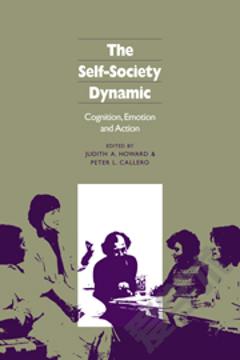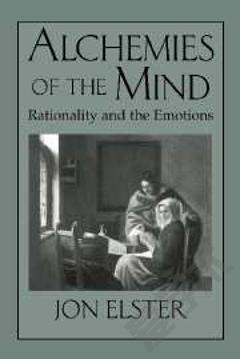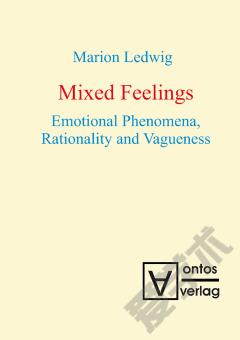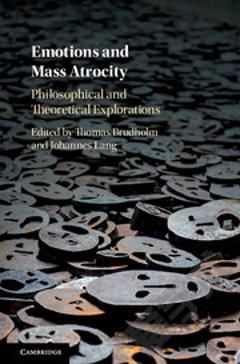Dynamics Of Crowd-minds: Patterns Of Irrationality In Emotions, Beliefs And Actions
A crowd-mind emerges when formation of a crowd causes fusion of individual minds into one collective mind. Members of the crowd lose their individuality. The deindividuation leads to derationalization: emotional, impulsive and irrational behavior, self-catalytic activities, memory impairment, perceptual distortion, hyper-responsiveness, and distortion of traditional forms and structures. This book presents unique results of computational studies on cognitive and affective space-time processes in large-scale collectives of abstract agents being far from mental equilibrium. Computational experiments demonstrate that the irrational and nonsensical behavior of individual entities of crowd-mind results in complex, rich and non-trivial spatio-temporal dynamics of the agent collectives. Mathematical methods employ theory and techniques of cellular-automata and lattice swarms, applied algebra, theory of finite automata and Markov chains, and elementary differential equations.
{{comment.content}}








 京公网安备 11010802027623号
京公网安备 11010802027623号